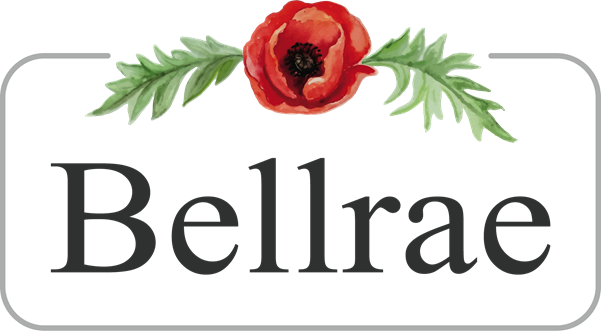Dealing with a loved one’s passing is always challenging, and managing the following administrative processes can add further challenges. This comprehensive guide explains everything you need about death certificates in Western Australia.
From the doctor’s declaration to the application process, this guide outlines clear steps and information to help you secure a death certificate, ensuring you have the necessary documentation to manage your loved one’s affairs, including arrangements for repatriation.
Doctor’s declaration of death
The first step in obtaining a death certificate is the doctor’s declaration of death. The attending doctor — either the one responsible for the deceased’s medical care or the doctor who examines the body post-mortem — must issue a medical certificate of cause of death. This document outlines the cause of the person’s death and is a critical requirement for the death registration process.
The medical certificate must be completed within 48 hours of the person’s passing and provided to the family or funeral director. However, in some instances, such as deaths referred to the State Coroner for investigation, the doctor is exempt from issuing the cause of death certificate. This ensures that all necessary legal and investigative procedures are followed before issuing further documentation.
Register the death
In Western Australia, the registration of all deaths is a legal requirement under the Births, Deaths and Marriages Registration Act. The person responsible, typically the funeral director or other legal representative, must notify The Registry of Births, Deaths and Marriages within 14 days after the funeral service.
The death registration process involves submitting all relevant documents, including the medical certificate of cause of death. Once the registration is complete, the Registry of Births, Deaths and Marriages can issue a death certificate, which is often vital for settling legal and financial matters.
How to obtain a death certificate in Western Australia
Obtaining a death certificate in Western Australia involves a straightforward process:
1. Who can apply?
Immediate family members, legal representatives, funeral directors or an executor of the deceased estate can apply for a death certificate.
2. What documents are required?
Applicants must provide proof of identity, details of the deceased person (full name, date of birth, date of death), and any supporting legal documents, such as a medical certificate.
3. Where to apply?
Applications can be submitted to the WA Registry of Births, Deaths and Marriages or the nearest courthouse. The funeral director often handles this process, but eligible specialists, such as Bellrae, can apply for the death certificate as part of their services.
What you need to provide
When applying for a death certificate, several key documents are required:
- Medical certificate of cause of death: Issued by the attending doctor.
- Proof of identity: A government-issued ID of the applicant, such as a driver’s licence or passport.
- Details of the deceased: This includes their full name, date of birth, date of death, and place of death (full address).
Having these documents ready helps to avoid delays when applying for a death certificate.
When do you receive a death certificate for your loved one?
After the death is registered, the Registry processes the application and delivers the death certificate. If the funeral director or repatriation provider applies, the certificate is sent directly to them for forwarding to the family. Alternatively, it may be sent directly to the applicant.
The processing time can vary but is generally several weeks after registration. Families needing the certificate urgently for legal or financial reasons can often request expedited processing.
Why you need a death certificate
A death certificate is essential for a variety of reasons:
- Legal uses: Settling estates, transferring property, and managing wills require a death certificate.
- Financial purposes: Closing bank accounts, making pension claims, and resolving insurance matters are needed.
- Practical uses: Institutions such as utilities, medical providers, and government agencies often require it to update records.
- Repatriation: For families requiring repatriation services, death certificates are necessary for obtaining permits and meeting international repatriation regulations to transport remains or ashes back to the deceased’s home country.
Death certificates and repatriation
Repatriating a loved one is a complex process that often requires navigating various legal requirements. At Bellrae, we understand how important it is to bring your loved one back home with care and dignity.
Our overseas and interstate repatriation services include applying for and obtaining two official death certificates for local documentation and international authorities. These certificates ensure compliance with Australian and foreign regulations, streamlining the process of returning your loved one to their home country.

If you need assistance with repatriation services, contact Bellrae today. We’re here to guide you through the process, allowing you to focus on honouring your loved one’s memory.
Have a question?
Our friendly team are hear to help. Reach out with any questions you may have and we'll be in touch to discuss.
